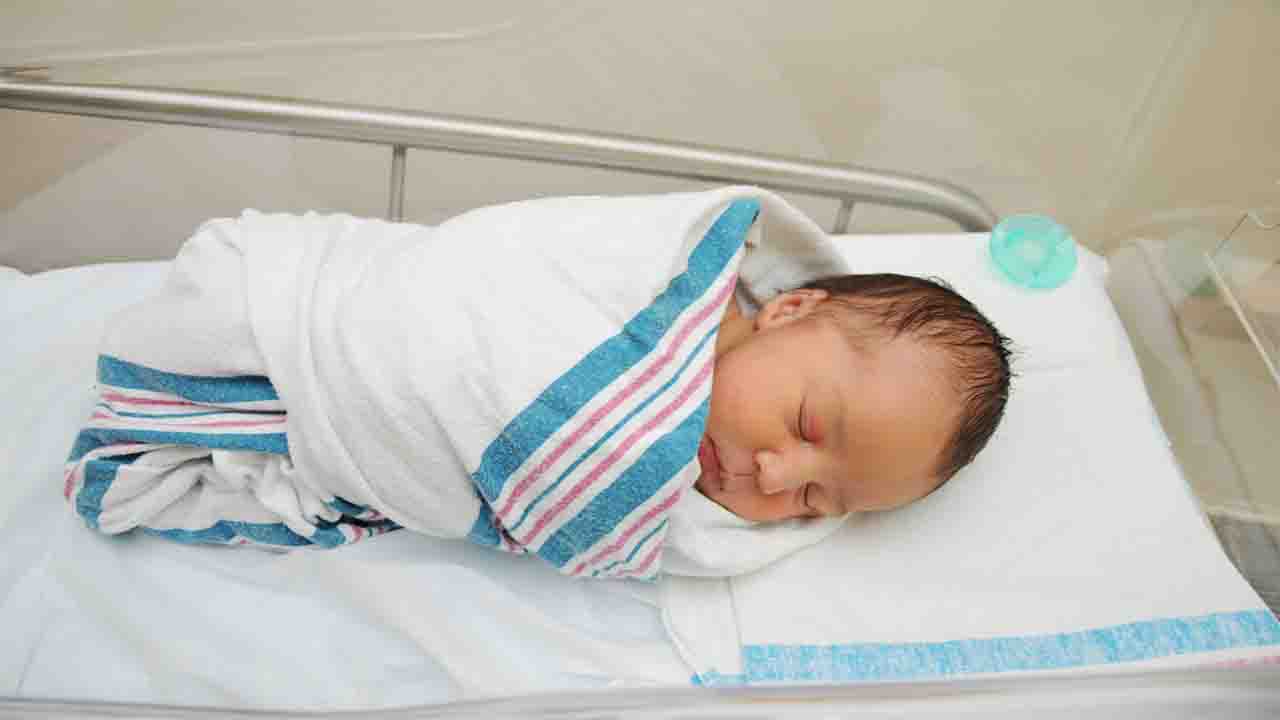Health & Medicine UK (Commonwealth Union) – Scientists from the St George’s University of London are leading a global clinical trial to learn more about an urgently required new antibiotic combination for newborn babies who have sepsis. The trial is backed by the Global Antibiotic Research and Development Partnership (GARDP).
The trial was commenced in 3 hospitals in South Africa and Kenya and is set to be taken further to other nations and regions in 2024, with the aim of bringing in up to three thousand newborns overall.
The NeoSep1 trial is set to asses the new mixture of current antibiotics and contrast them to treatment regimens that are presently utilized in newborn babies who have been suspected of having neonatal sepsis.
Neonatal Sepsis is a potentially life-threatening condition that affects newborn infants. It is characterized by the presence of harmful bacteria or other pathogens in the bloodstream, leading to systemic infection. Neonatal sepsis remains a significant global health challenge, particularly in developing countries, and continues to be a leading cause of morbidity and mortality among newborns.
Neonatal sepsis can be caused by a wide range of bacteria, viruses, fungi, and parasites. However, the most common causative agents are bacteria, primarily group B streptococcus (GBS), Escherichia coli (E. coli), and Staphylococcus aureus. These pathogens can enter the baby’s bloodstream through various routes, including during labor and delivery, through contaminated medical equipment, or from infections acquired after birth.
Preventing neonatal sepsis requires a multifaceted approach. Strengthening maternal health programs, improving prenatal care, promoting clean delivery practices, and educating healthcare providers about infection control measures are crucial. Routine screening for maternal infections, such as GBS, during pregnancy, allows for appropriate preventive measures to be taken. Ensuring proper hygiene in healthcare facilities, including handwashing and sterilization of equipment, significantly reduces the risk of healthcare-associated infections.
“Newborns handle medicines very differently to older infants, children, and adolescents. Premature or otherwise critically ill babies are at great risk of severe infection or sepsis because of their immature immune systems. The types of bacteria causing newborn infections are not necessarily the same as those found in other patients. For these reasons, it is essential to investigate antibiotic treatments of newborns with sepsis,” explained Dr Julia Bielicki, pediatrician, and researcher at the Centre for Neonatal and Paediatric Infection at St George’s, University of London.
The trial is set to rank the safety and efficacy of 3 new combinations of older antibiotics that include fosfomycin-amikacin, flomoxef-amikacin, as well as flomoxef-fosfomycin against the present standard of care. It will further evaluate and validate the doses of 2 antibiotics that include fosfomycin together with flomoxef for utilization in newborns.
The primary aim is to discover if certain antibiotic treatments function better than others for the empiric treatment of babies who have neonatal sepsis, particularly in low- and middle-income countries where bacteria with high resistance are frequent. The trial will further take into account the way these combination treatments can be applied best in hospital settings with variations in levels of antibiotic resistance.
A new method of contrasting antibiotic treatments with each other, known as the Personalised Randomised Controlled Trial (PRACTical) design, is to be utilized. The design novelty is that it permits researchers to contrast many antibiotic treatments that have neonatal sepsis. It will further make it possible for doctors to select treatment regimens that have an increased chance of functioning well for newborns in the specific hospital settings they are located.
The NeoSep1 trial adds to the results from an international observational study of sepsis in newborn babies, that was carried out by GARDP and partners in 19 hospitals across 11 nations from 2018 to 2020, as indicated by researchers.
The study observed a concerning wide variation in treatment as well as regular changing of antibiotics due to high resistance to treatments.








